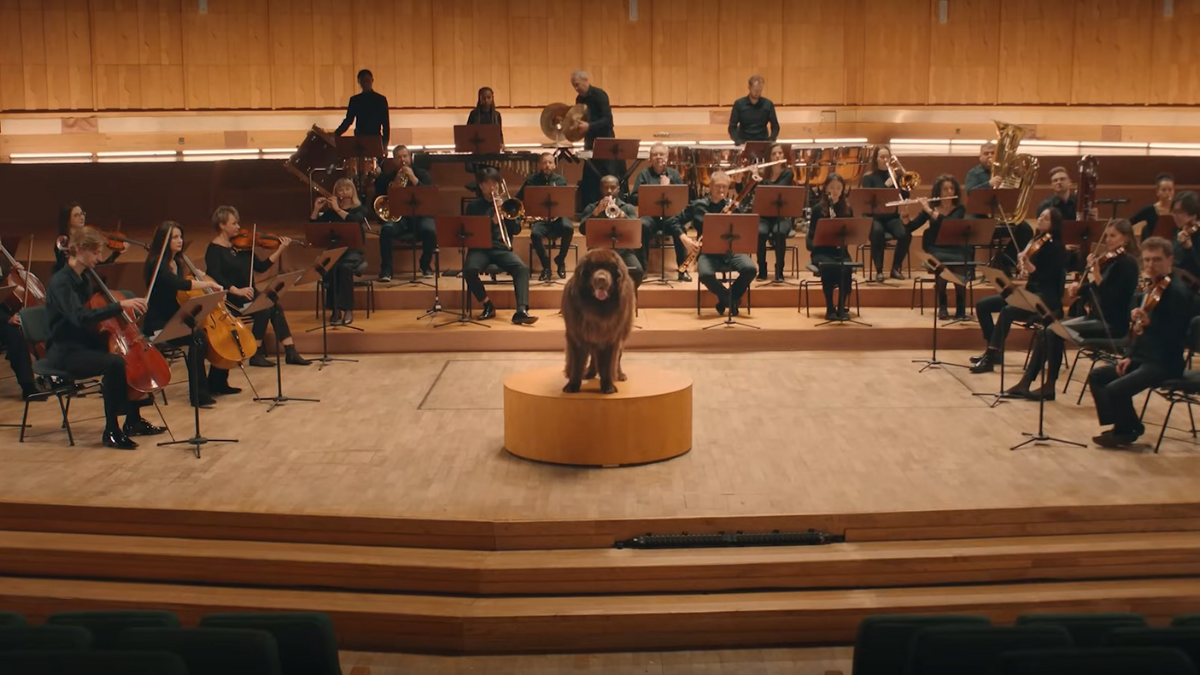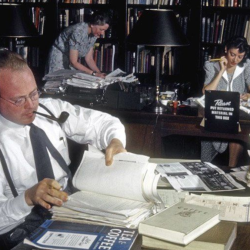Leaving a legacy is often about personal achievement
It’s a clear focus on success that can be recognised for years to come. But if industry leaders are focused on ‘one’s legacy’, they are definitely looking in the wrong direction. To misquote a political manifesto, ‘It’s not about the one, it’s about the many.‘ And, historically, this is something the advertising industry has not been good at. We should be looking to create an environment where everybody can achieve, where everybody can be successful — an industry where everybody wants to work.
If we can create that type of industry, what a legacy that would be. But we are still struggling with this. Each year the industry debates how to attract, reward and retain talent. Alessandra Bellini, president of the Advertising Association recently said that the biggest challenge the industry faces right now is attracting the right talent. And all the trade bodies are currently focused on this conundrum.
There is no doubt about it — we need to attract the right talent; we need to inspire people; and we need to ensure they are able to do great work. We’ve had a lot of big company and big industry views on this, so here’s a perspective from the independent end of the market, which might just help the industry to create a great legacy for its people. I believe we need a practical, real-world approach to talent. And there are several key things need to address in this.
Firstly, we need to ensure that our people have a genuine opportunity to do satisfying, creative work that makes a difference. All work has an element of the mundane and the repetitive, but we can do a lot to help our people to be more involved in the more creative aspects and in addressing businesses challenges. Empowering our people is a key part of this. We must listen to what our people want to do and look to accommodate the new skills and activities they can bring to the table. For example, this might see a member of staff getting involved in the PR and social media for the agency if that’s where they have an interest and relevant skills.
Giving people experience of different areas of the business is critical
I would advocate, where possible, for agencies to adopt non-siloed, non-discipline-based teams. This is obviously easier for smaller agencies, where, for example, digital talent tends to get to learn and work across search, social and display and play a bigger role in overall strategy. Smaller teams and through-the-line planning and buying mean that people get exposure to all aspects of a client’s business and to the more senior clients. Non-siloed work is especially important in media planning and buying given the increasing digitalisation of all the traditionally analogue channels. Where silos can’t be avoided, then consider approaches such as job swapping and planned hot-desking that enables people to experience and collaborate with other departments.
Alongside, varied and non-siloed work, we must also look at hybrid working environments that genuinely work for real people. The pandemic showed us new approaches to working that were more harmonious with the lives people want to live. We must retain this important flexibility and not return to office working as simply the Monday to Friday default.
And, importantly, we must have a meritocracy where everyone’s views are valued
This is very much part of having a genuinely diverse workforce and a real commitment to fairness and equality. We must create environments where people have a voice about a range of key issues, such as client challenges, work process, management, company culture etc. Having owners/leaders who work on the day-to-day business and are always present means that all staff connect with senior management on a regular basis. They are colleagues as well bosses. And in a meritocracy, each person’s talent has to be properly rewarded. Part of this is ensuring people have visibility of the top line income and profit figures and an understanding of client remuneration and how the work they do directly affects that.
Nobody is under the illusion that making these shifts in working practices and behaviours is easy. But unless we really embrace the changes that will make our industry a more attractive place to work, our legacy will be very much stuck in the past.
Featured image: KOBU agency / Unsplash



































